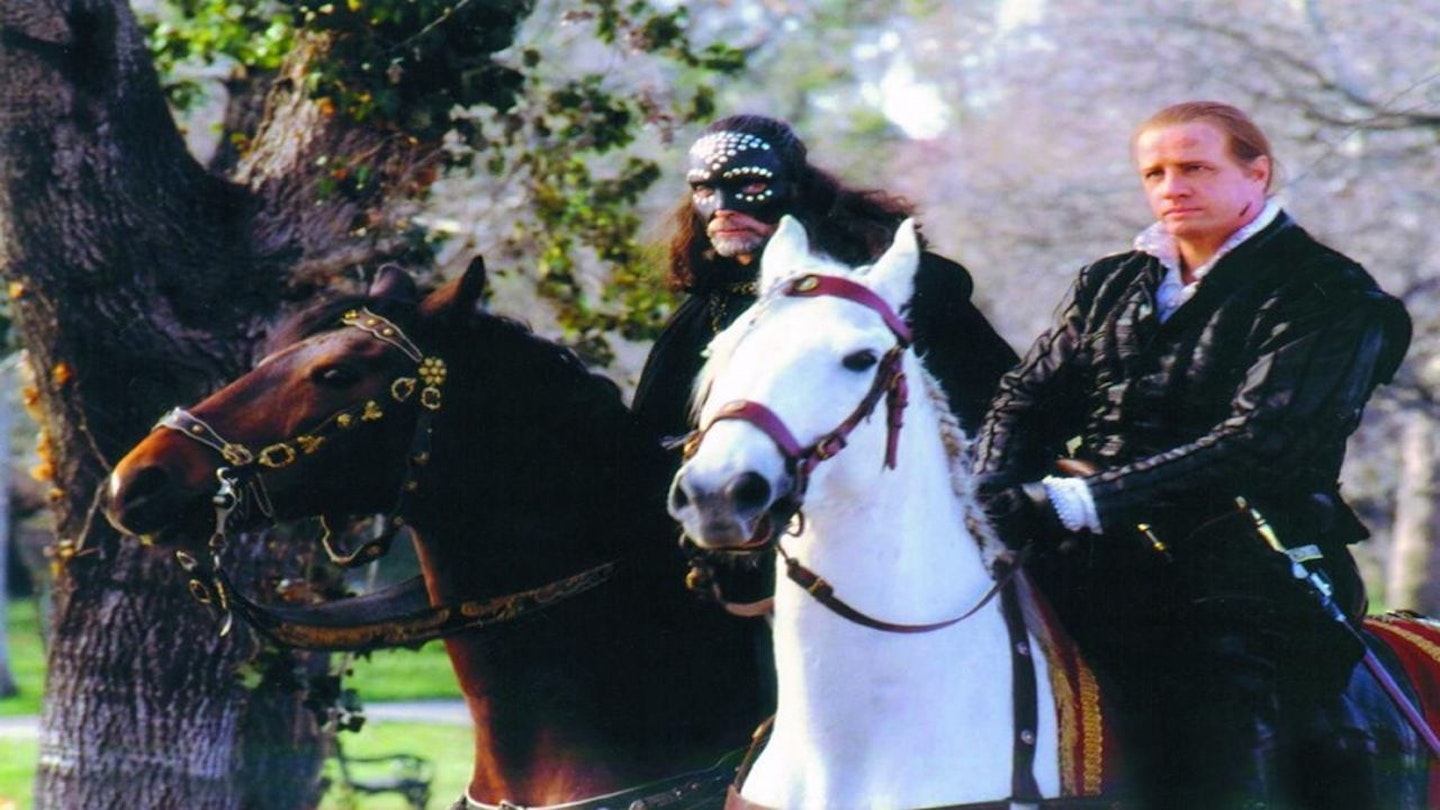Carl Theodor Dreyer's 1943 film has always been viewed as an allegory, and certainly the oppressive atmosphere within a small country parsonage in 1623 reflects the Danish director's mood in his Swedish wartime exile.
Yet Dreyer's compassion for the suffering of a woman in the grip of patriarchal tyranny owes as much to his own mother's tragic life as it does to the Nazi occupation of Denmark.
Hence Anne (Lisbeth Movin)'s betrayal by the two men who declare their love for her: ageing Reverend Pedersson (Thorkild Roose) and his handsome son, Martin (Preben Lerdorff Rye). Consequently, the action is often suffocatingly intense.
Yet this is also a masterpiece of filmic and dramatic construction, with the sombre shades and occasional shafts of radiance complementing the parallels and contrasts (witchcraft/faith, power/love) within the narrative.
